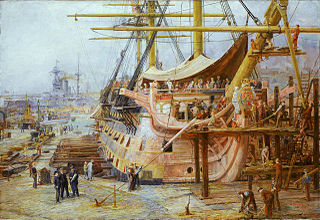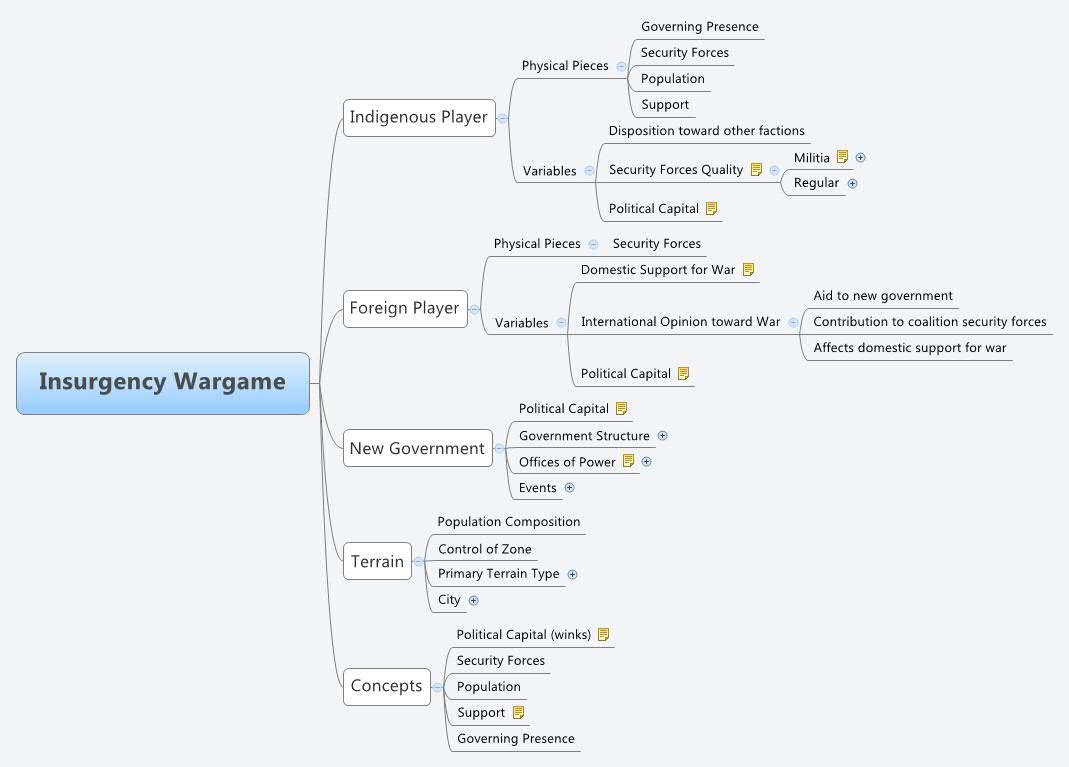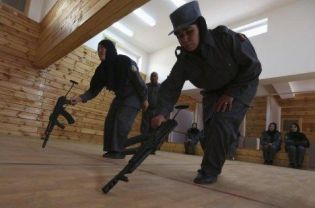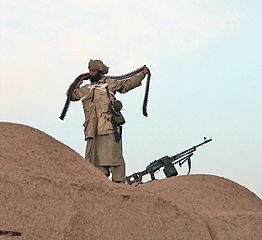If the War Powers Resolution doesn’t matter, what does?
Tomorrow marks the third month of NATO’s military intervention in the Libyan civil war, which has done more to highlight issues with defense capabilities in an era of austerity than to actually remove Colonel Gaddafi from power. The Libyan campaign has also once again brought the US executive and legislative branches to a head.
We’re well past the 60-day limit the President has to unilaterally commit troops to combat under the War Powers Resolution, and just past the additional 30-day withdrawal period. President Obama declined to seek congressional approval for US involvement in the air campaign in Libya, having chosen the awkward legal position that committing more than a dozen naval vessels, firing missiles, and dropping bombs do not constitute “hostilities.”
Presidents and legislators have always disagreed on things, especially when it comes to war. But the flagrant flouting of a law like the War Powers Resolution creates a host of its own problems.
1) The evolving imbalance of power between branches. There is no “correct” formula for the exact balance of war powers between Congress and the President, but the Constitution makes clear that the powers are shared. Congress declares war and controls the purse, while the President is Commander-in-Chief and manages foreign affairs. The problem is that the balance of power has been shifting towards the executive for quite some time.
When wars break out or the nation suffers attack, executive powers are hastily bolstered in response. When the US entered World War I, the Departmental Reorganization Act (or Overman Act) gave the President increased powers for a set term: six months after the proclamation of peace. When World War II came to our shores, the First War Powers Act let the President reorient government bodies towards the war effort and engage in mail censorship, while the Second War Powers Act allowed the use of confidential census data to round up Americans of Japanese descent for internment camps. Then there is, of course, the PATRIOT Act, passed less than two months after the 9/11 terrorist attacks and renewed almost without a second thought this year.
The War Powers Resolution, in contrast, is an example of Congress using its legislative power to limit executive action, passed over President Nixon’s veto. After the long wars of Korea and Vietnam, the resolution was a way to force Presidents to attain popular consent for war. As unpopular as the wars in Afghanistan and Iraq have become, Congress explicitly authorized both. The Resolution has been invoked many times, notably when the US was engaged in Lebanon, the Gulf War, Yugoslavia, and Somalia. Presidents of both parties have skirted the resolution, and they have been enabled to some degree by complacency. Congressmen and Presidents should be at odds, keeping the interests of their own branches at heart, but party politics often trump this balancing act.
The problem with this complacency is that it 2) dilutes authority and the rule of law. When President Clinton kept up bombing in Yugoslavia past the 60-day deadline of the Resolution, he used legal interpretation to justify his actions. President Obama rejected his own lawyers’ opinions by launching the air campaign without pursuing congressional approval. Even so, Congress (with a few exceptions) has had a fairly tepid response to the Libyan war. While there is bipartisan support for a showdown with the President, Speaker Boehner has been cautious. Congress will essentially have to enforce its own laws on the enforcer. The rule of law is far too important to the healthy function of the Federal government to take the kind of beating it has been.
This “crisis,” if it may be called that (and though articles and op-eds have shied away from doing so, I think this affair qualifies for such a label), also creates uncomfortable ambiguities for serivcemembers. Tom Ricks posted an interesting letter from a midshipman at the Naval Academy that touches on this very issue. The midshipman took quite a beating in the comments section, but the fact that he is even wondering what effect a refusal of orders would have highlights the problem of democracies conducting war in legal gray zones.










